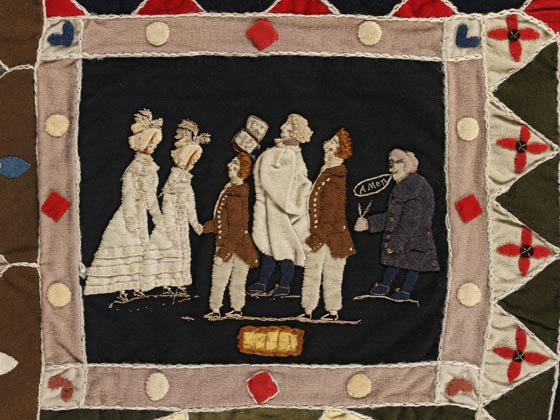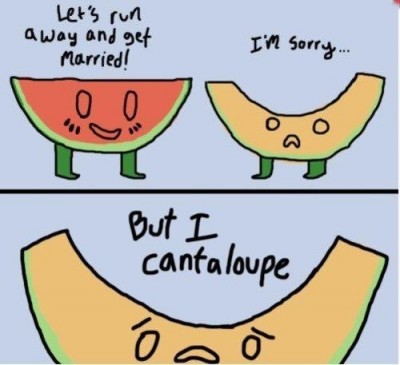
There were fish, sharks, fish, strange plants, and 1.5 millions of gallons of water at the aquarium. In response to the Shedd, I’d like to post a poem I worked out this summer. It’s longer than most of my poems, but I hope you will read through it today and when someone asks you, “Did you read any poetry this week?” You can say, “Yes, I did.”
Ode for the Ocean
by Mary Fons
© 2015
I’ve never thought it beautiful.
I much prefer a mountain range, which
strikes me as more traversable;
The ocean just strikes you with waves.
The “treasures of the sea,” to me,
Are going silver
(such foolish gold)
Not proof of some grand, courageous adventure,
Just wet and old.
We are to find an endless blue
(or anything endless) a reflecting pool?
This is madness
and all madness should frighten you.
For lurking under sunset fire, just beyond the lovers’ sighs
Are beasts with coal black eyes
blind with only one own-only mind:
survive
And longer than you, laughs the whale;
Killer, indeed, and with a tail to crush you,
As you clap and wave and save your photo.
All combers,
Mind the suck down —
that human-sized sucking sound;
So much chum and lunchmeat now,
First for the mighty maw that spied you
(what’s red and white and red rolled over?)
Blood becomes you
‘till you’re dispersed in that vast, mast-hungry pool
adrift on the waves that lulled you
Back when Cabo was not the site of your grisly end;
The fishes catch the tissue last
and any flecks of left eye that’s left —
Are you finally out of the office
Further below, in depths we cannot fathom deep —
translucents sleep
Why they wake at all
A question we ne’er allow to ask;
Preferring such questions as:
“Shall we take the pink umbrella, dear?”
“Is Carol bringing Jake?”
The sea does not care
The sea does not love Carol
But for heaven’s sake!” the swimmers scream,
“Death’s not all the ocean! Think of schools and dolphin,
Think of shells and oyster feasts!”
Please
A grinning manatee emerging from misty black is a heart attack —
You’d mess your pants and your electric fan;
And if walls of undulating weeds or tangerine clowns are cool to you
Fix them in your mind for
five minutes down the line these lives, too, are over;
Such is the lifespan of sea color
And what a drag!
The cleverest trick the ocean ever played
Was convincing us of her placidity
There’s chaos in the drink —
A jungle reversed,
inverted earth
Primeval monster bedlam,
Time and zero memory locked in loggerheaded war;
What in heaven’s name
are you out there for
The sea does not love you
The sea married herself a long, long time ago
and she’s kept a tight ship ever since
See how she takes out the garbage
See how she freezes her food
See how she sweeps the floor
See how she claps herself on the back,
see how she races herself at the shore, one more touch,
one more touch, one more touch, one more
She doesn’t love you
She doesn’t even warn you
You: land creature
Get out






















![Nightingale & Rose I, etching, 20 cm x 22 cm, [8 cm x 8 cm], Edition of 50.](https://www.maryfons.com/wp-content/uploads/sites/6/2014/01/19.jpg)

